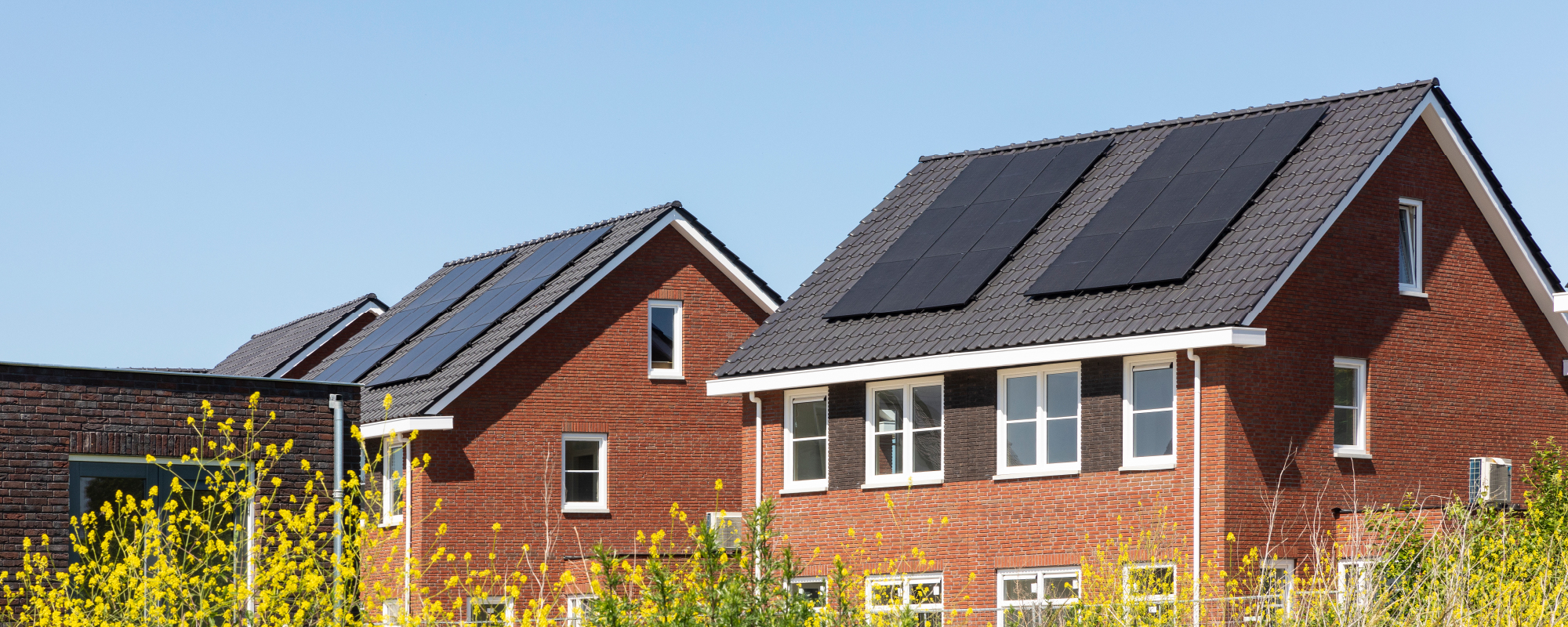Gemserv has been working with the South West Net Zero Hub (SWNZH) to investigate the potential to provide accessible low interest loans for those looking to reduce carbon and improve the energy efficiency of their homes.
The UK government has set a legal target of reaching Net Zero by 2050. Buildings remain the second biggest emitter of carbon on a national scale, accounting for 17% of 2022 carbon emissions, and having experienced no substantive reduction in emissions since 2010, reduction in carbon emissions for the heating and buildings sector has stalled. A significant proportion of buildings in the UK are homes, and almost 65% of homes in the UK are owner-occupied. This means that efforts to decarbonise the UK’s buildings sector must involve measures to decarbonise the owner occupier sector.
This challenge is more acute in the South West as a region than it is nationally. In response to the National Net Zero target of 2050, many local authorities in the South West have declared Climate Emergencies, and set Net Zero targets of 2030, well ahead of the national requirements, but reflecting advanced consumer attitudes on climate awareness and overall decarbonisation agendas compared to national attitudes.
The scale of the challenge has been elucidated in previous work undertaken by Gemserv in the Retrofit skills report which found that the South West region requires installation of over 2.5 million air source heat pumps and 485,000 ground source heat pumps to reach net zero. In terms of insulation, the South West requires 1.4 million installations of solid and cavity wall insulation to meet net zero. It further found that “…at current deployment rates for each measure it would take the following amount of time to meet net zero:
- 600 years to deploy enough solid wall insulation measures.
- 132 years to deploy sufficient loft insulation and 166 years to deploy sufficient cavity wall insulation.
- 200 years to install sufficient air source heat pumps, and 278 years to install sufficient ground source heat pumps.”
The current policy landscape is insufficient to meet the challenge of decarbonising the building stock in the UK. SWNZH has recognised this clear gap, and following work undertaken in the region identifying skills and installation gaps, has set out requirements to investigate the potential for a loan fund, focussed on providing affordable finance for homeowners wishing to undertake significant retrofit of property, and demonstrating the potential for public finance to motivate the inclusion of private finance investment.
Gemserv, Thermly Ltd, Amberside Advisors, Lux Nova and Browne Jacobson worked closely with the SWNHZ to create a Green Book compliant business case for a £100 million ‘able-to-pay’ loan for residents living in the South West. The project team undertook a rigorous process to develop the business case. Gemserv and partners have followed Government Green Book methodology to construct a Business Case, investigating the Strategic case for intervention; the Economic case and benefits realisation; the Commercial and legal practicalities for the intervention; developing a Financial case and model for intervention; and summarising considerations for the Management case.
This work explored the idea that public sector funding could be used as part of a blended finance approach to attract private finance at scale, while offering a loan that is both competitively priced, and accessible for those deemed ‘able to pay’ but struggling to access existing finance offers. By conducting a high-level appraisal of the opportunity in the region, the research aimed to test the validity of a joint public/private funded loan fund that will support the installation of retrofit measures such as low carbon heating and insulation to reduce the carbon emissions and energy demand for homes in the ‘able to pay’ homeowner sector in the South West. To develop the business case, we engaged with local stakeholders, private financiers and public sector bodies to understand their expectation, reservations and opportunities.
The business case has shown the potential to do this while offering competitive finance to those with household incomes as low as £40k. Using this approach, a £100 million pound fund could help save 376,000t CO2e over the lifetime of the fund and in doing so improve the homes of 10,000 residents.
SWNZH are holding an ‘Able-to-Pay’ Retrofit Loan Fund webinar at 3pm on Tuesday 30 April. To register for the webinar, please visit here.
Further information can be accessed here.


